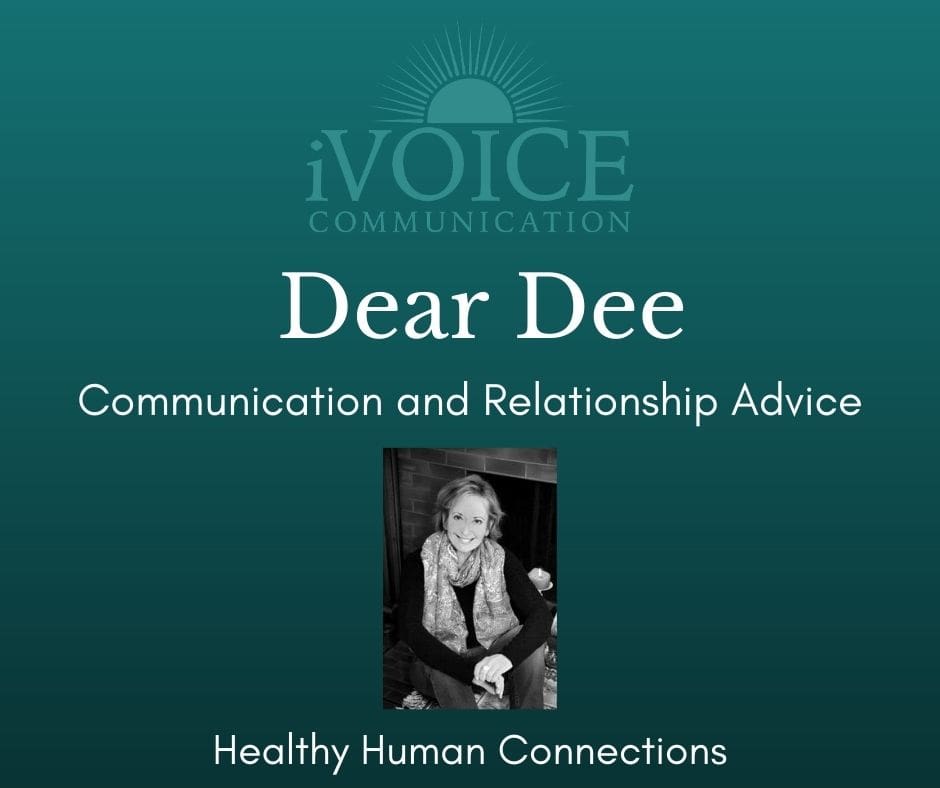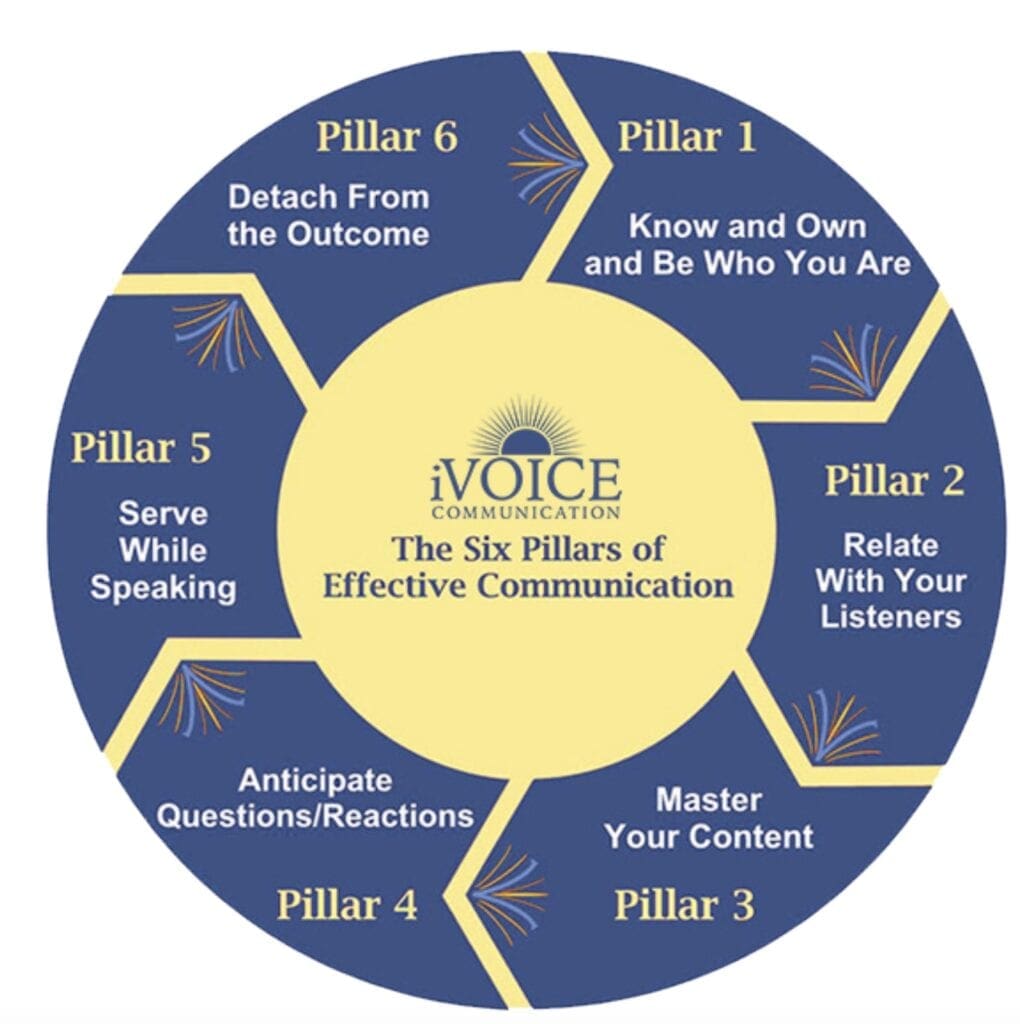Search Posts
Recent Posts
- Writer Herb Weiss’ 45 years of Advocacy on Aging now Archived at Rhode Island College Library Special Collection June 23, 2025
- Providence Biopharma, Ocean Biomedical, Notified of Termination of License Agreements with Brown University, RI Hospital June 23, 2025
- Networking Pick of the Week: Early Birds at the East Bay Chamber, Warren, RI June 23, 2025
- Business Monday: Dealing with Black and White Thinking – Mary T. O’Sullivan June 23, 2025
- Rhode Island Weather for June 23, 2025 – Jack Donnelly June 23, 2025
Categories
Subscribe!
Thanks for subscribing! Please check your email for further instructions.

“Dear Dee” – How to: avoid resentments – help teams create better communication habits
By Donna Rustigian Mac, “Dear Dee” Advice Columnist
Dear Dee-Episode 9
Well hello—it’s Dee…with your communication advice for the week…so you can speak your truth, be clear, honest, forthright and influential. Let’s create healthy human connections….and trusted relationships in your personal and professional life.
Have you listened to the Q&A on audio?
Dear Dee,
I’m not the biggest fan of my in-laws but I don’t want to tell that to my partner. We eat lunch with the in-laws every Sunday. How do I communicate that I would like to spend that time trying new activities?
M.M.
Dear M.M.
When we marry someone, we marry their family. And I commend you for spending time with your in-laws. Now, it’s time for a transition. That’s important because, if you’re feeling frustrated and never make a change, resentments could build up…and hurt your relationship with your partner.
I’m all about honesty. So…it’s important to tell your partner (sooner, rather than later) how you feel.
And keep the focus on you.
For example, instead of saying something like, “your parents are driving me crazy and they don’t even come close to contributing to a fun Sunday afternoon”. You could say something like, “I’m sensing that I have a big need to take some Sundays and not have lunch with your parents…instead have some different experiences. I need that time.”
And then let the conversation sit. There might be some discomfort at first but loving partners know that transitions happen in life and our needs and desires change. In long term committed relationships both partners work to ensure that both people get their needs met.
Now clearly, there has to be compromise and give and take. And through clear communication, as long as your partner is open to learning, growing and being flexible, the two of you should be able to work things out. Perhaps once a month you can go off and do something on your own. Maybe on occasion, the two of you can venture off without the in-laws. Who knows, instead of food, maybe the four of you could go for a hike or see a movie.
It sounds like you feel like you’re in a rut. Trust your feelings. And remember, no one can get you out of that rut and create new pathways…and new adventures but you.

Dear Dee,
What are some ways to improve a pattern of poor communication between teams in business and how can leaders drive this?
D.R.
Dear D.R.
This is a loaded question. In the effort of time, here are three communication concerns I hear often in business:
- Lack of clarity
- Lack of listening
- Poor skills providing feedback
Begin by taking a look at your leaders and managers to determine if these “communication habits” are producing the poor results you mention.
As far as clarity goes, leaders need to be clear on:
What they need to communicate. How it’s communicated (based on listener). If understanding is taking place.
Can they do all of that?
Listening: We are living in a crazy, busy, virtual world, do your leaders and managers have the ability to notice their distractions, and still able to focus in on the conversation at hand? Do they reiterate/speak back to the other person what they heard—to ensure understanding? I hope so…Listening skills help with connection and trust between parties…and teams.
And providing feedback is a most valuable skill. But it can be damaging if you do it wrong. So, ensure that your leaders and managers do not criticize when they give feedback. Instead, tell them to think about giving feedback like giving advice, working together on behalf of a positive outcome, for each individual and the company.
Those are few general recommendations. If you’re leaders can get a handle on clarity, listening and feedback, it can help to “open the lines of communication” between their employees and teams and provide a great foundation for a company that places values effective communication.

Donna Rustigian Mac is the Founder and Chief People Officer at iVoice Communication, dedicated to creating healthy human connections through high level effective communication.
Donna is an executive communication coach workforce trainer and motivational speaker with more than 3 decades of experience. www.iVoiceCommunication.com
Donna is also the author of Guide to a Richer Life, Know Your Worth, Find Your Voice and Speak Your Truth and the creator of The Six Pillars of Effective Communication.
Donna’s undergraduate degree is in Liberal Arts and Humanities. She has also studied psychology at Lesley University, with Daniel Goleman (Emotional Intelligence), and is a certified mindfulness teacher with continuing studies at Brown University’s Center for Mindfulness.
During her career, Donna has partnered with Clear Channel Communication and The Speech Improvement Company, the oldest speech communication company in the United States. Clients include Merrill Lynch, Cambridge Associates, The Massachusetts Banker’s Association, CVS Health and many others.
In addition to her work, Donna is an avid runner, skier, gardener and the mother of two kind, strong and successful millennials who have the great ability to communicate!
